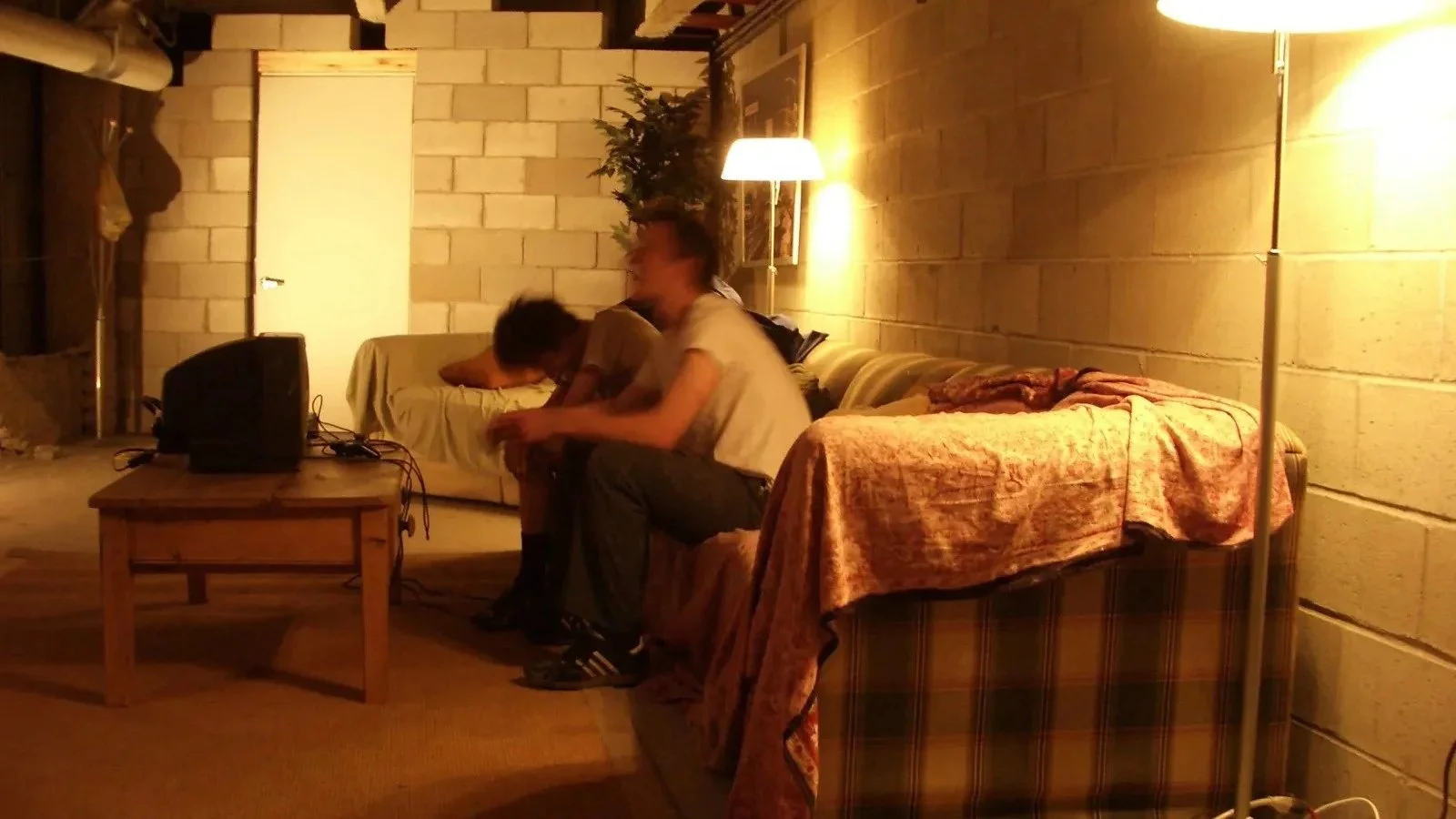Review: Talk to Me (2022)
Every year, August brings a few horror releases to tide over genre moviegoers until the horror deluge in late September and October. If these films are lucky, they’re a hit with audiences and spawn a franchise. Perhaps the best example of this is the unlikely success of the Don’t Breathe films from Fede Álvarez and company, which are about as nasty and tense as late summer horror movies get. Talk to Me doesn’t rise to the level of those two home invasion thrillers, but it’s a fun summer diversion. It has some novel scares and provides some intriguing commentary on the disaffected nature of teen culture in the 2020s.
Talk to Me is directed by Danny and Michael Philippou, who are famous for their horror comedy YouTube shorts. Set in their native Australia, Talk to Me is the sort of fast-paced, alternatingly funny and scary, Gen-Z-focused horror thriller that is unmistakably a film of this cinematic moment. And yet, it’s ultimately a possession thriller with many of the conventions of mysticism and seance stories going back over a century.
In the film, a bunch of teens interact with the dead through an embalmed hand. Local legend has it that the hand used to be the left arm of a mystic. When the mystic died, people cut it off, embalmed it, and covered it in plaster to use as a vessel to the spiritual world. If this were a 1920s or 1930s adventure thriller, the hand would be some object that intrepid heroes are trying to get to keep from nefarious villains, but in one of the film’s most ingenious approaches, the hand is not held in reverence. Rather, it’s used as a party trick, for shits and giggles, and to record friends freaking out in order to post on TikTok and Snapchat.
Gathering in living rooms late at night, the teens in the film play party games with the hand. The game goes like this: someone lights a candle, a lucky individual is tied to a chair, and reaches out to shake the hand. When they say “talk to me,” the hand shows them a ghost. And if they say, “I let you in,” they’re possessed by that ghost. The others then countdown 90 seconds before they blow out the candle and break contact between the individual and the hand. What happens if they hold on for longer than 90 seconds? Then they’re with the spirits forever…or so the characters warn over incredulous laughs.
The smartest aspect of Talk to Me is the simple fact that none of these teens truly believe that what’s happening in front of them is real. They can hold the hand, say the words, see the dead people, feel the ghosts enter and possess them, and they still don’t process it. That’s because so much of the experience is mediated for them: their friends film it all on their phones, and they share it with other friends through apps, and so whenever they look back on these events, they’re watching themselves through a screen doing actions that don’t make sense. It’s all just a laugh, a way to feel alive, to pass the time, to have fun after booze and weed no longer do the trick.
Talk to Me is at its best in showing the dissociated nature of Zoomer culture, the fact that nothing that is real is processed or understood until it’s recorded, turned into “content,” and mediated for them by others. This is true of young people when accidents happen or parties turn bad or a social media game turns into a dangerous prank or trick or act of violence in real life. So many young people in reality don’t take reality seriously, so neither do these young people in the film. Well, almost all of them.
Mia, played by Sophie Wilde in a fragile, credible performance, is the exception. Being a protagonist in a horror film made in the 2020s, Mia is processing some unfortunate trauma. Mia doesn’t want to accept the fact that her mother killed herself and she is haunted by her loss. When she talks to the hand for fun, she recognizes the experience was real. And when she hears a familiar voice, she realizes the possibility of using the hand to interact with her dead mom. Problem is, she gets carried away. When her friend’s little brother, Riley (Joe Bird), asks to use the hand, she lets him blow past the 90-second limit because he seems to be channeling Mia’s mom. Of course, this creates a whole set of problems for Mia, Riley, and their friends. Messing with the dead isn’t typically a good choice, in real life or on film.
While Talk to Me might be most interesting as an interrogation of Gen Z’s alienation from reality, I don’t want to give short shrift to the actual horror filmmaking. The story is mostly rote, the performances of varying quality, and the abundance of Aussie slang might make some viewers beg for subtitles. Yet, the sold-out audience I saw it with was rapt during the seance scenes, when the filmmakers use practical effects, clever lighting, wide-lens camera angles, and performance tricks to pull off some effective scares. The ticking clock aspect of the possessions, and the use of off-screen sounds, helps create a tense atmosphere of terror. These scenes are the film’s best feature. When the story devolves into conventional drama, it’s less successful, becoming an unsure mix of supernatural thriller and Aussie kitchen sink melodrama. Although, let’s be thankful that the possession itself is not treated as a metaphor for trauma, in the manner of too many elevated horror films.
As with films of this sort, the characters could have avoided their supernatural woes if they didn’t make stupid decisions, risk life and limb for a joke, or simply heeded the advice of parents or priests or even a random episode of the podcast Otherworld, and known not to mess with the forces of darkness. The characters are dumb and they’re alienated from the reality they inhabit. Talk to Me cleverly makes this dissociation with reality core to the film’s thematic impact, but that doesn’t entirely excuse that it has some of the typical stupidity that plagues a lot of horror movies. In the end, this is a summer diversion: creepy, tense, sometimes smarter than you would expect, often as dumb as you would expect. Watch it with an audience or alone in a dark room and see whether the hand talks to you.
6 out of 10
Talk To Me (2022, Australia)
Directed by Danny and Michael Philippou; written by Danny Philippou and Bill Hinzman, based on a concept by Daley Pearson; starring Sophie Wilde, Alexandra Jensen, Joe Bird, Otis Dhanji, Miranda Otto, Zoe Terakes, Chris Alosio, Marcus Johnson, Alexandria Steffensen.



Joe Carnahan’s cop thriller starring Matt Damon and Ben Affleck is an enjoyable whodunnit.